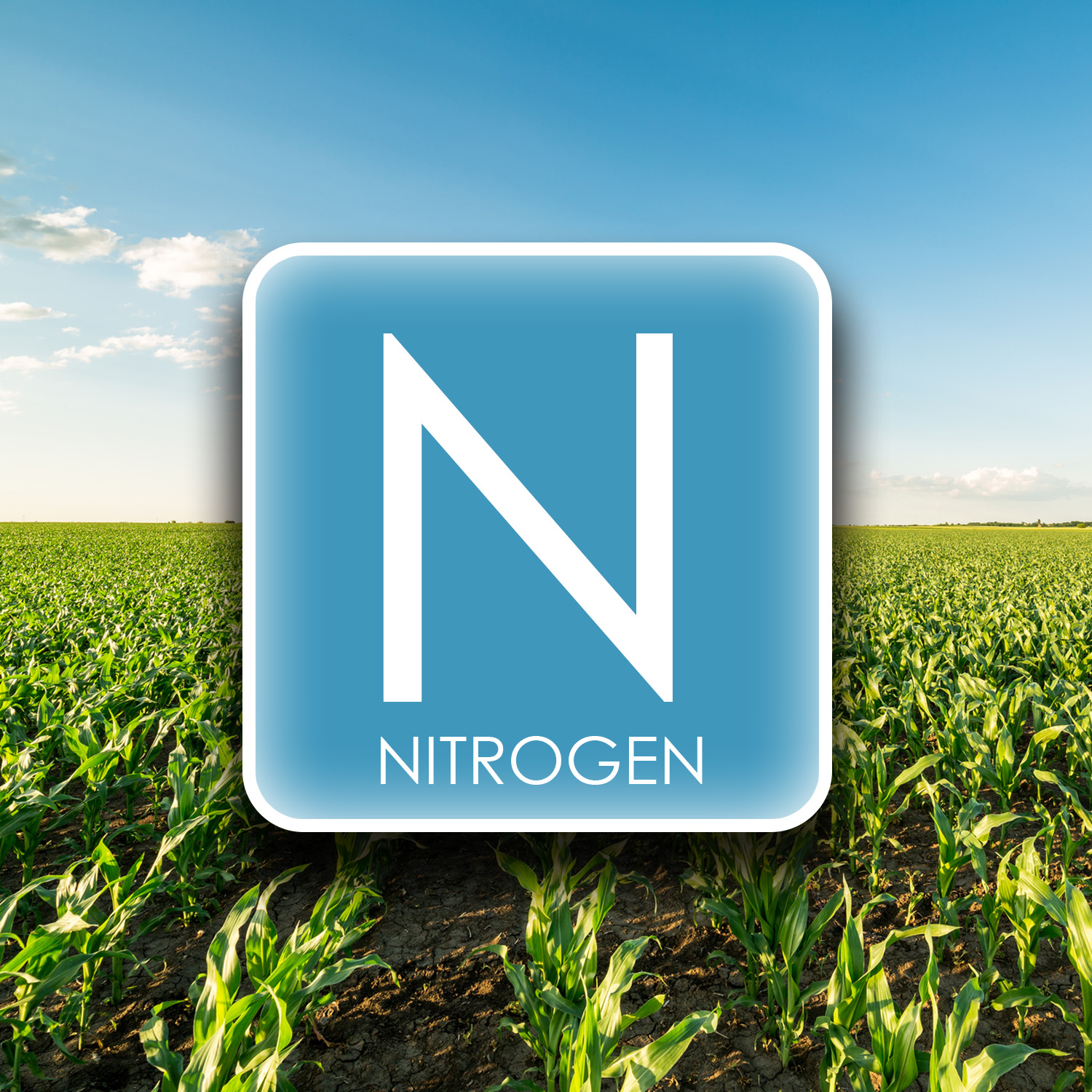Research projects are underway in a partnership between the Missouri Fertilizer Control Board (MoFCB) and the University of Missouri – College of Agriculture, Food, and Natural Resources with the USDA Agriculture Research Service. Two research projects focusing on nutrient usage by crops were recently presented to and funded by MoFCB.
A project led by John Lory and the University of Missouri’s Soil Fertility Working Group entitled, “Integrating Biological Nitrogen Management Systems in Missouri Fertilizer Recommendations,” will look into the biology of nitrogen and how soil health practices may play a role in increasing plant-available nitrogen. Biological nitrogen efficiency enhancers, known as “bug-in-a-jug” products, have been promoted in the agriculture industry to increase plant available nitrogen without increasing the quantity of nitrogen fertilizer used. There have also been nitrogen protection strategies such as nitrification and urease inhibitors, as well as variations in nitrogen supply, that are outside the capabilities of the University’s nitrogen recommendation system.
“Nitrogen is a very biologically active nutrient, which makes prediction of its availability to crops especially difficult. Our technological and scientific advances the last few decades have enabled us to better manage for this biological variability, but the Missouri’s farmers are always looking for ways to keep improving their nitrogen use efficiency,” stated Dr. Jordon Wade, Assistant Professor at the University of Missouri’s School of Natural Resources and member of the Soil Fertility Working Group. “As farmers are working hard to improve their soil health, we want to use soil health measurements to capture those potential improvements in nitrogen use efficiency. We’re excited to work with the Fertilizer Control Board to provide our farmers with nitrogen recommendations that accurately reflect their efforts at improving soil health.”
Recent advancements in soil health have shown promise as tools to document improvements in productivity and measure biological nitrogen pools that might improve nitrogen fertilizer recommendations. This project will simultaneously research four key areas:
- Quantify N impact of “bug-in-a-jug” products, cover crops, N inhibitors, and other biologicals.
- Evaluate “soil health” measurements and weather data as predictors of how changes in landscape position and soil conditions impact productivity and soil organic N supply.
- Calibrate the integration of “soil health” measurements into fertilizer N recommendations.
- Improve calibrations of in-season N prediction tools.
Missouri’s nitrogen recommendations have not been revised to include improvements in production agriculture such as GPS, strip tilling, and in-furrow fertilizer application. The Missouri Corn Merchandising Council has joined with MoFCB in this venture to update nutrient recommendations to include these new practices.
“Technology and equipment updates allow for changes in how farmers and their advisers manage nitrogen,” said Andrea Rice, MoFCB Director of Research, Education, and Outreach. “We are very excited to have Missouri Corn Merchandising Council join us on this nitrogen study. The project will bring the two worlds of soil health and soil fertility together to provide new tools for Missouri producers to enhance nutrient efficiency and increase profitability.”
The research will begin at University research centers and later move to on-farm trials. The Biological N project will take place on four research centers with the collaboration of over 14 researchers from the Soil Fertility Working Group and USDA-ARS.
“This project is an exciting opportunity to combine the old and the new. The Soil Fertility Working Group, with a 25-year history supporting MU fertilizer recommendations, has been re-invigorated with new faculty.” stated Dr. John Lory, MU Extension Associate Professor of Plant Science & Technology. “The project includes a much-needed review of nitrogen recommendations while exploring new measures of organic nitrogen to improve those recommendations. We appreciate MoFCB’s role in making this team effort possible”.
The Missouri Fertilizer Control Board is first and foremost a quality control and protection agency. It is charged with the task of ensuring a quality product for use in the state as dictated by Missouri Fertilizer Law. Every fertilizer distributer in Missouri is required to report the tonnage of fertilizer sold by their facility. A fee based upon the tonnage amount reported is remitted to the Missouri Fertilizer Control Board. The fees collected are utilized by the board to administer Missouri Fertilizer Law.
In addition to ensuring the quality of fertilizer products sold in Missouri, MoFCB is directed by Missouri Fertilizer Law to pursue nutrient research, education, and outreach programs to recommend practices to optimize nutrient use efficiency, ensure soil fertility, and address environmental concerns regarding fertilizer use. The results of research funded by MoFCB, such as this project, will be extended for practical use to farmers and agribusinesses in Missouri.

